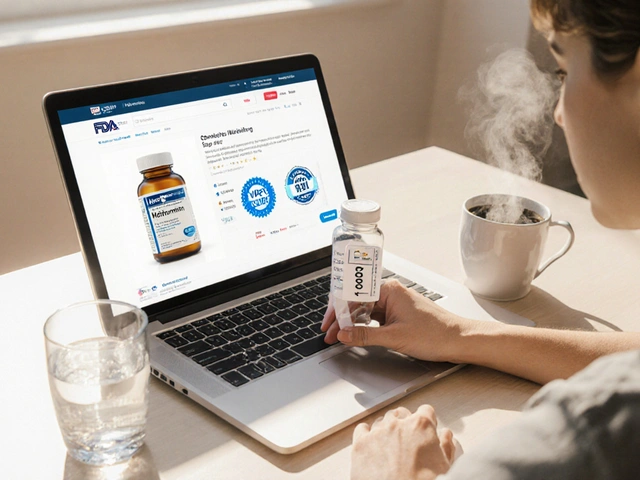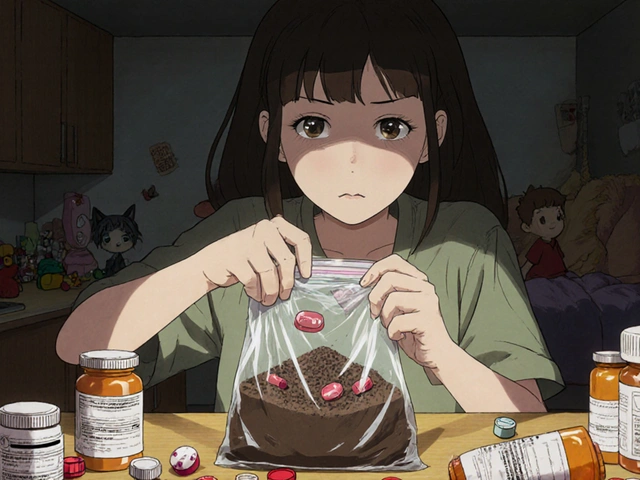Genetics and Your Meds: What You Need to Know
Ever wonder why a medicine works great for a friend but gives you side effects? The answer often lies in your genes. Genetic differences can change how your body processes drugs, how likely you are to develop a disease, and even how well a supplement works.
That’s the core idea behind pharmacogenomics – the study of how DNA affects drug response. It’s not just sci‑fi; doctors are using genetic tests to pick the right dose or even the right drug for conditions like depression, heart disease, and cancer.
Why Genetics Matters for Everyday Medications
Many common drugs are processed by enzymes that your liver makes. One famous enzyme is CYP2D6. Some people have a version of the gene that makes the enzyme work super fast, so they clear a drug too quickly and get little benefit. Others have a version that slows the enzyme down, leading to higher drug levels and more side effects.
Take codeine, for example. It needs to be turned into morphine by CYP2D6 to relieve pain. If you’re a “ultra‑rapid metabolizer,” you might feel strong pain relief (or even overdose) after a normal dose. If you’re a “poor metabolizer,” the codeine won’t work at all.
Similar patterns show up with antidepressants, blood thinners, and even some antibiotics. Knowing your genetic makeup can help doctors avoid these pitfalls.
Simple Ways to Use Genetic Info
1. Talk to Your Doctor: Ask if a genetic test is relevant for the meds you take. Many primary care doctors now have quick ordering tools.
2. Check Direct‑to‑Consumer Tests: Companies offer kits that look at key drug‑metabolism genes. If you go this route, bring the results to your pharmacist or doctor for interpretation.
3. Keep a Medication List: Note any side effects you’ve had and whether a test explained them. This helps you and future providers make better choices.
4. Consider Family History: If a close relative had bad reactions to a drug, genetics might be at play. Share that info with your healthcare team.
5. Stay Updated: New gene‑drug pairs are discovered regularly. A test that wasn’t useful five years ago might be valuable today.
While genetics adds a powerful tool, it’s only one piece of the puzzle. Age, kidney function, diet, and other meds still matter. Use genetic info as a guide, not a guarantee.
Bottom line: Your DNA can tell you a lot about how you’ll react to medicines. A simple test might save you weeks of trial‑and‑error, costly side effects, or even a dangerous overdose. Ask your doctor today if a genetic test could make your treatment safer and more effective.






